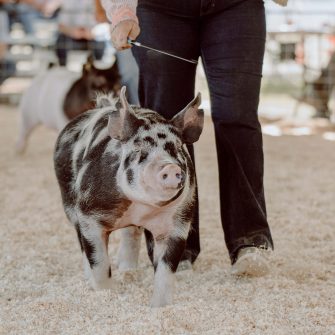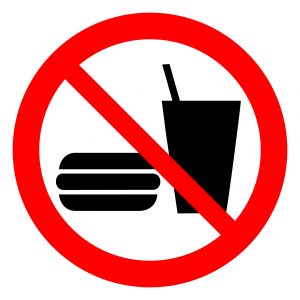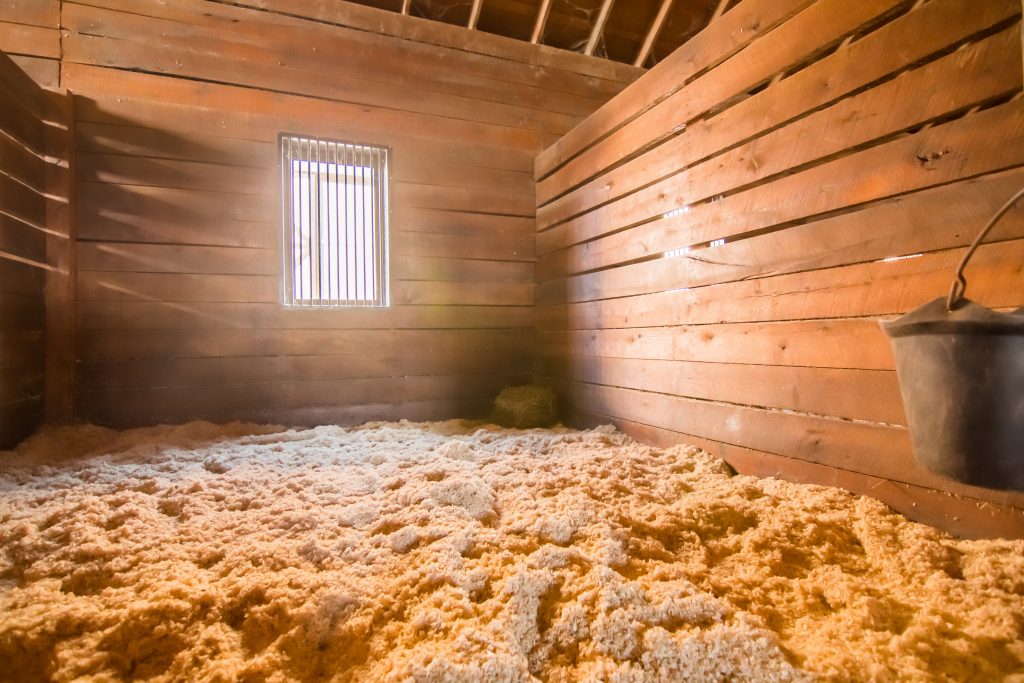
4-H
Are you in 4-H? Do you raise animals such as sheep, pigs, cows, or rabbits? Or are you interested in getting involved in 4-H? Here you can learn information on what 4-H is, how to get involved and what to do to keep yourself and your animals healthy from zoonotic diseases. You will find healthy tips, activities, and links to other educational resources.
What is 4-H?
“4-H is a learn-by-doing life-skills program that teaches youth communication, self-concept, team-building, problem-solving, decision-making, self-responsibility, conflict resolution, aspiration-building, goal-setting, community leadership and career development. The youth learn through projects, in or after school, in a variety of subjects ranging from animal science to nutrition, leadership, public speaking, horticulture and other science and technology programs. Through these projects and interactions with other youth and leaders, 4-H youth learn how to make good choices, feel good about themselves, think critically and become leaders”.
Youth pick a 4-H project they are interested in which is a topic they would like to explore, learn life skills with and do activities with. Projects can include raising and showing livestock such as beef, swine, sheep and many more species. Additionally, 4-H offers creative living projects such as photography, arts and crafts, cooking, and much more. For a list of possible projects, click here.
Want to Join a 4-H program?
Youth ages 5 to 19 can join a 4-H program. To join a club near you, contact your county extension office. For more information on how to join, click here.
How to Keep You and Your 4-H Animals Healthy
How to Properly Wash your Hands
Know how to properly wash your hands before and after touching or handling animals. Clean or healthy animals can spread germs to humans and handwashing is the easiest and best way to stay healthy around animals.
How to wash your hands: Wash your hands with soap and running water for at least 20 seconds. Make sure to scrub your thumbs, between your fingers and the tops and bottoms of your hands. Dry your hands with a paper towel.
Do not eat, drink, or put anything in your mouth around animals.

How to Keep a Clean Stall for Your Animal
Having a clean stall (place where they live) for your animal will help keep them and yourself healthy. This is especially important when at fairs or shows with lots of animals since diseases can be easily spread at public events. Steps to cleaning a stall:
- Wash your hands and put on gloves and rubber boots.
- If you are in an enclosed space (small barn or stall), wear a face mask so you don’t breathe in dust.
- Using a shovel or pitchfork, remove manure (animal poop) and bedding.
- Place manure in a wheelbarrow.
- Make sure to throw away the manure and bedding in a designated trash area.
- Once all animal poop and bedding are removed, you can place down new bedding.
- Replace all feed and water buckets with clean ones. Put in new feed and fresh water
- Throw away gloves, change your boots and clothes.
- Take off your dirty boots before entering your house, different barn area or animal facility so you don’t track bacteria to other areas. Clean your boots before using again. Take off clothing and wash before using again.
- Wash your hands with soap and running water for at least 20 seconds. Make sure to scrub your thumbs, between your fingers and the tops and bottoms of your hands. Dry your hands with a paper towel.

How to Keep Your Animal Equipment Clean
Clean and disinfect your animal’s equipment (halters, buckets, railings, clippers, trimmers, shearing stands, etc.)
- Remove manure, bedding or other organic material from equipment.
- Wash items with soap and water.
- Use disinfectant (half capful of bleach to 1 gallon of water)
- Allow time to dry.
Youth for the Quality Care of Animals (YQCA)
All youth that plan to show livestock at the Nevada Junior Livestock Show (NJLS) are required to take the YQCA training that teaches the importance of food safety, animal well-being, and character development. For more information click here.
Resources for 4-H (youth, 4-H Leaders, and Parents):
Click here to go to our resources and activities section where you can find hands on activities to teach about reducing the spread of disease, lesson plans and much more.